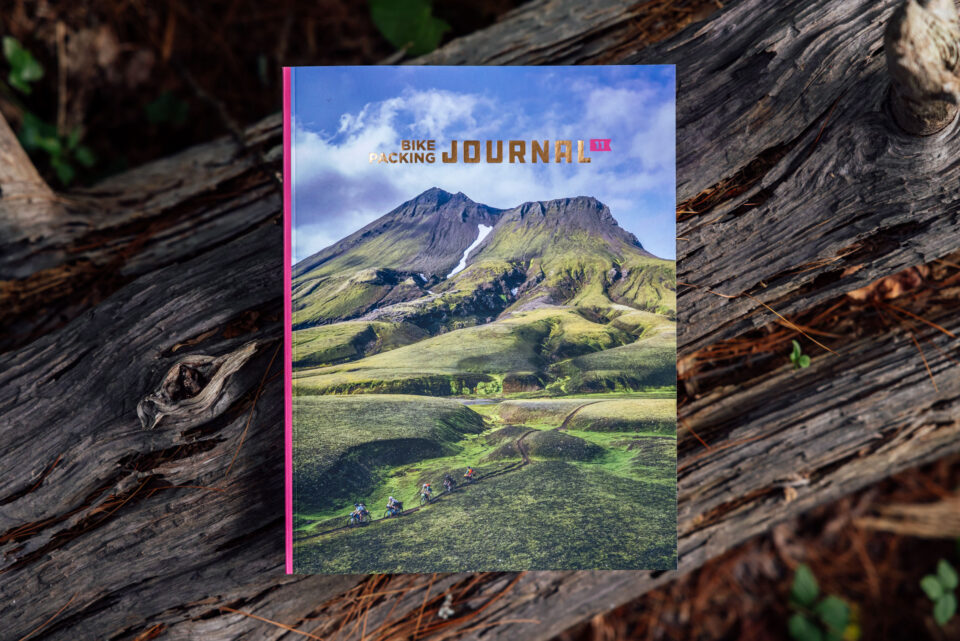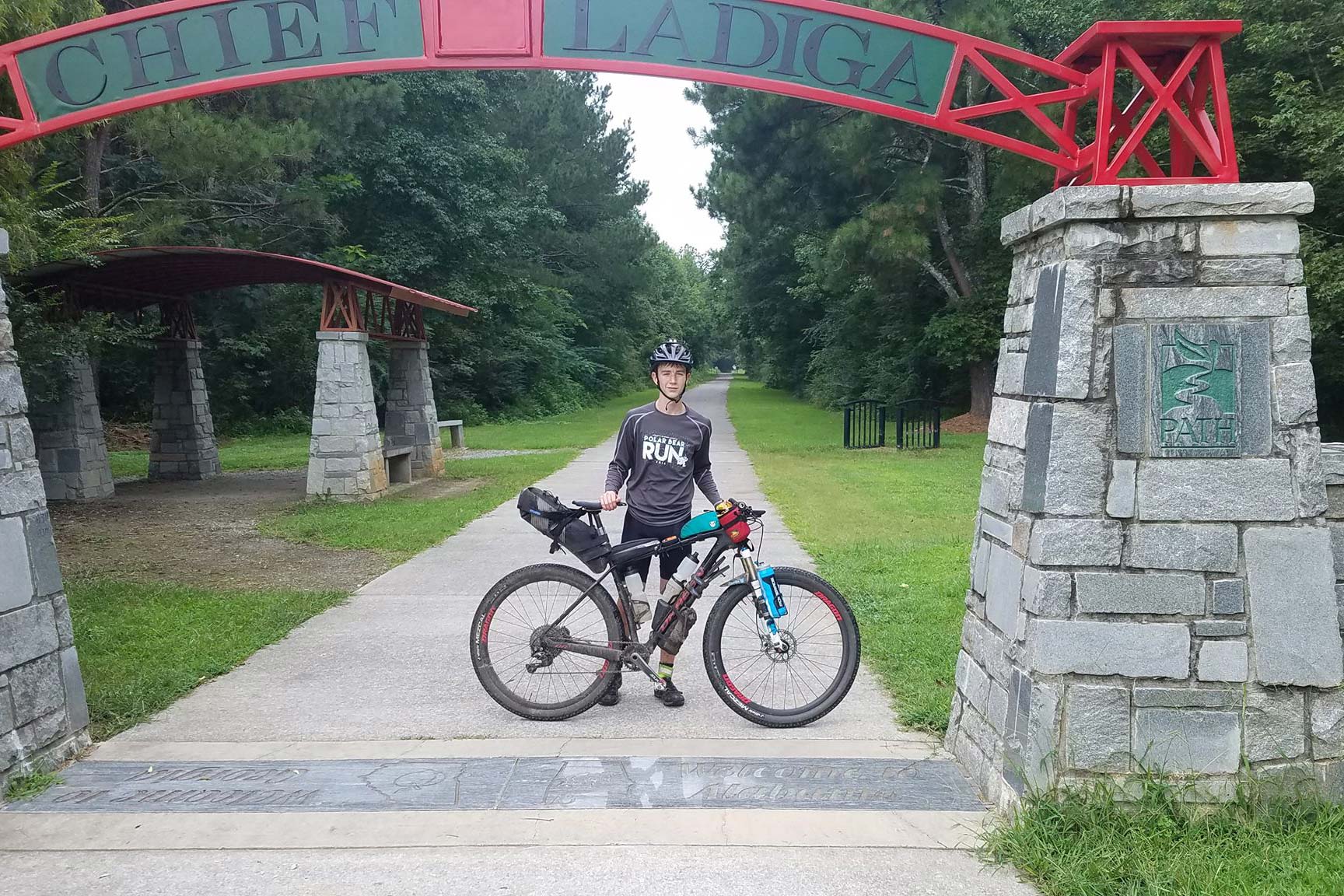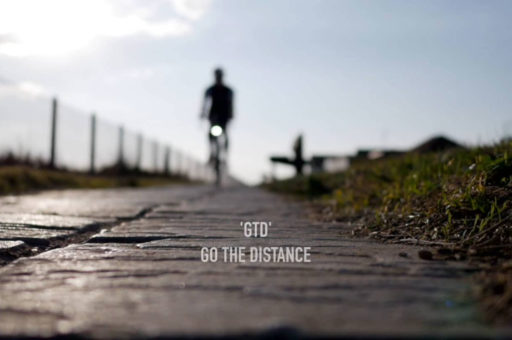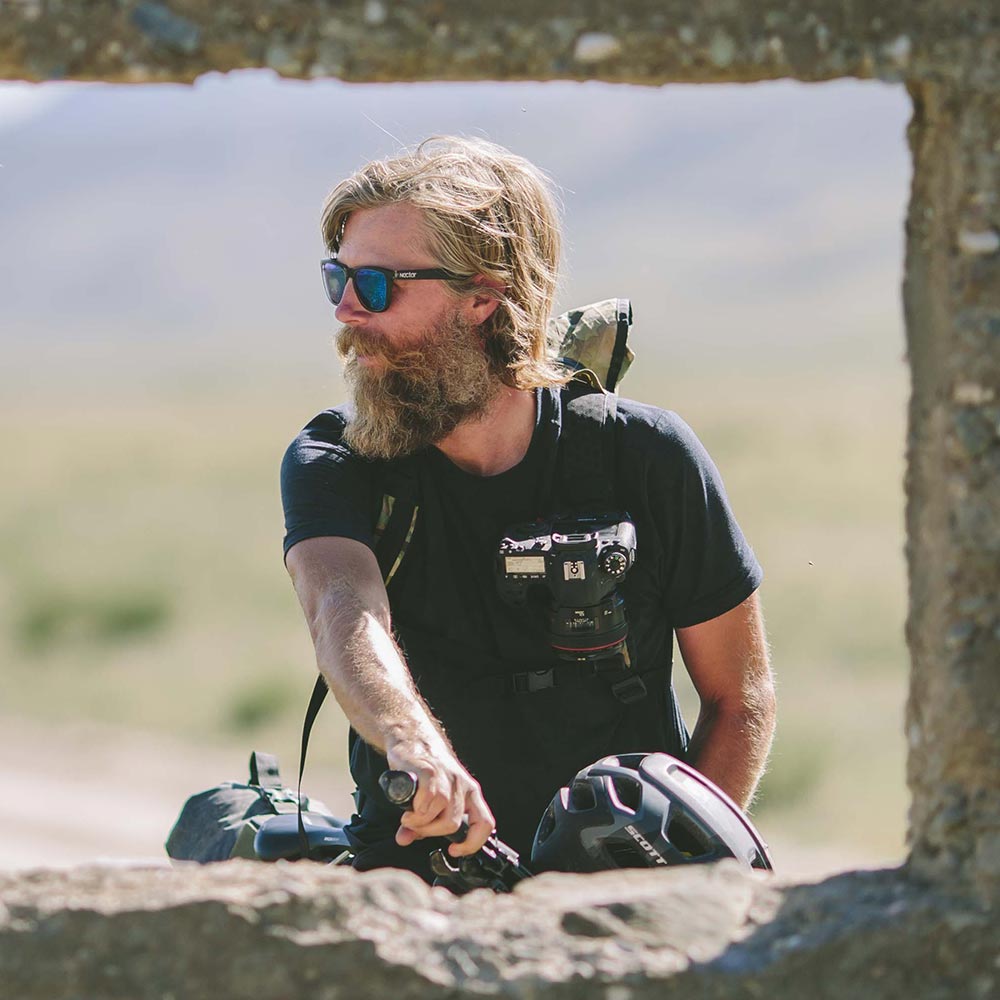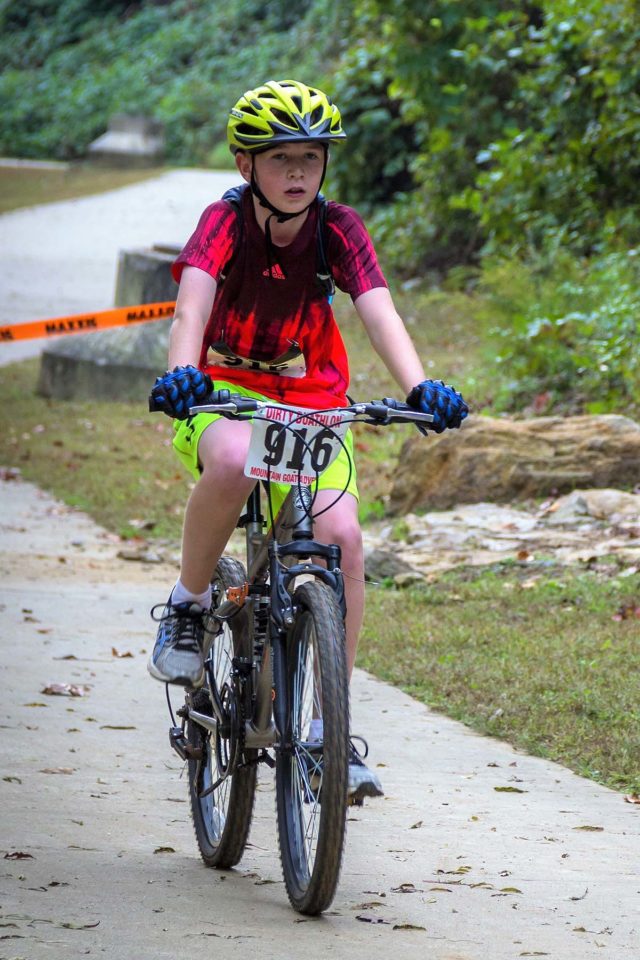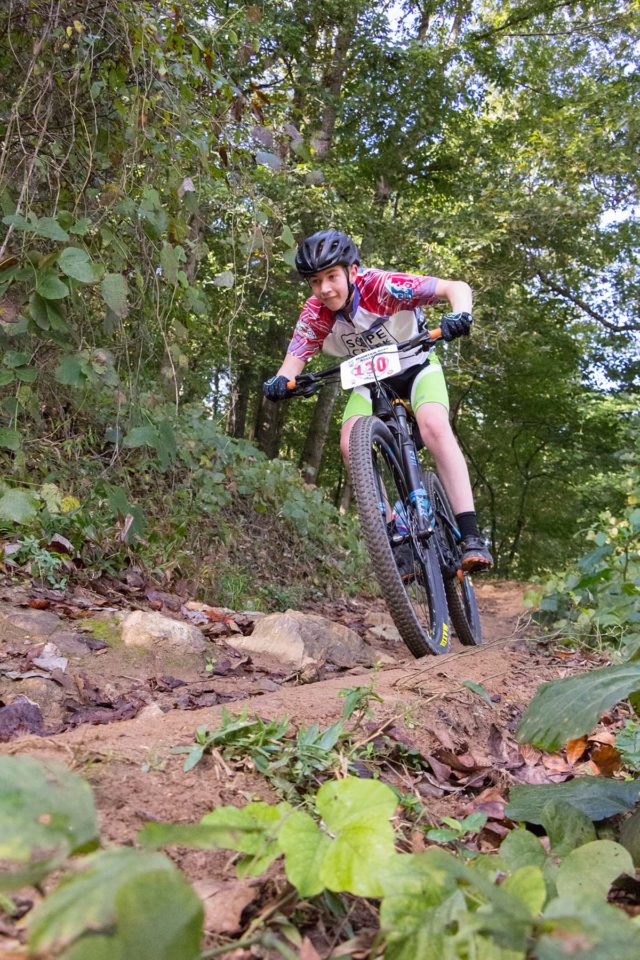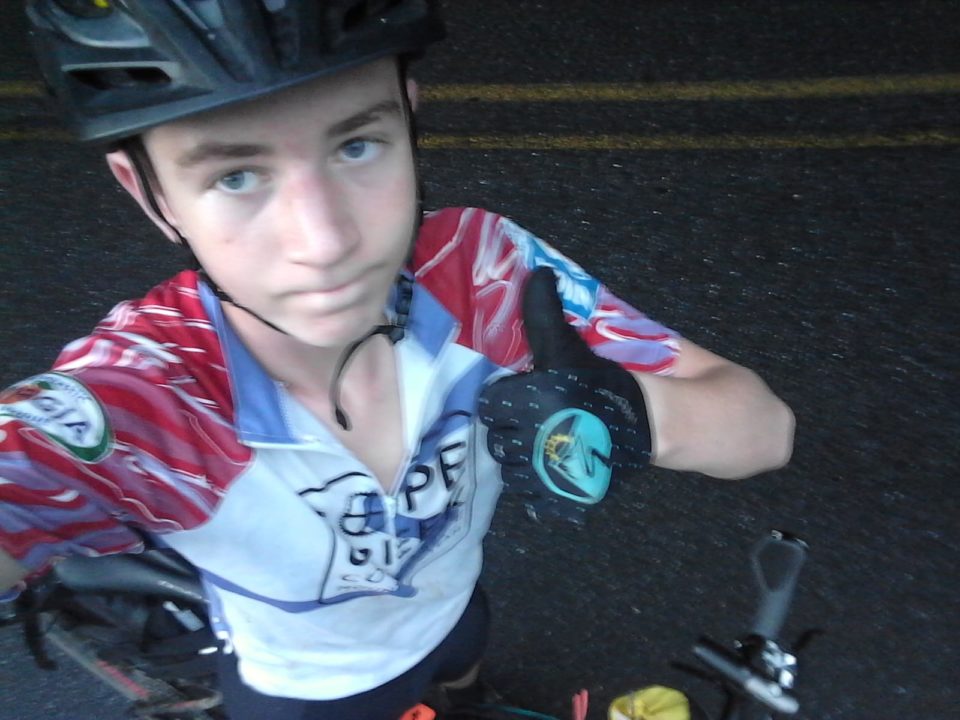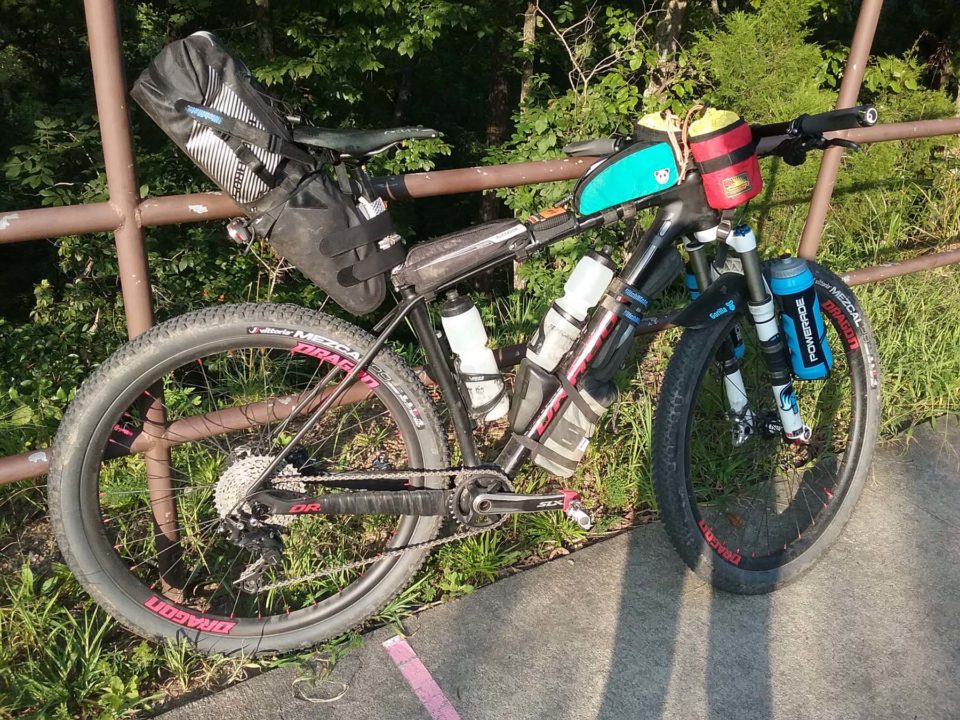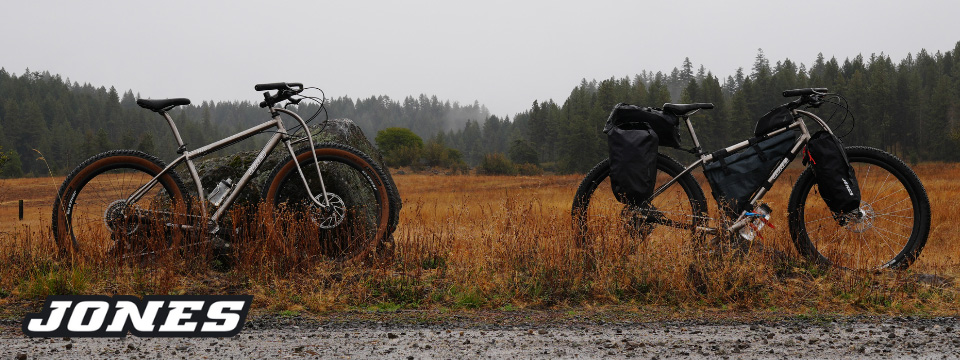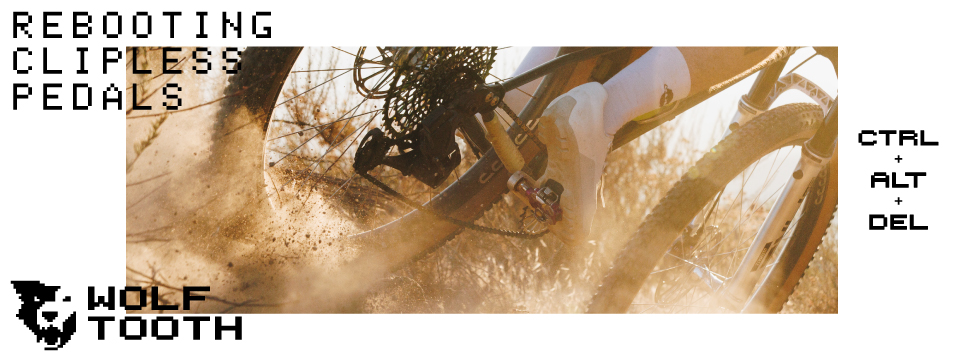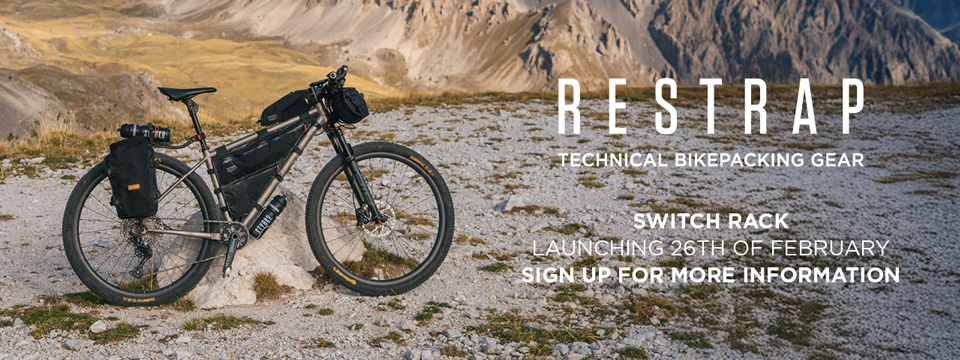Fifteen-year-old Joe Urbanowicz took on his first bikepacking race at this year’s Trans North Georgia (TNGA), where he finished in 73 hours and 21 minutes—and in fifth place overall. Here’s young Joe’s story, told from his dad’s perspective…
Words by Paul Urbanowicz
Anyone who has ever ridden a significant distance over multiple days can try to describe their experience to you, but only after doing it for yourself can you really understand. Bikepacking is at once a lonely endeavor, and also one that’s full of camaraderie. That concept is difficult to comprehend unless you’ve done it. On August 18th, at the grand depart of the 2018 Trans North Georgia (TNGA), a 15-year-old wanted to experience that dichotomy first hand. After pedaling 357 miles, he undoubtedly has a better understanding of the sport of bikepacking and of himself.
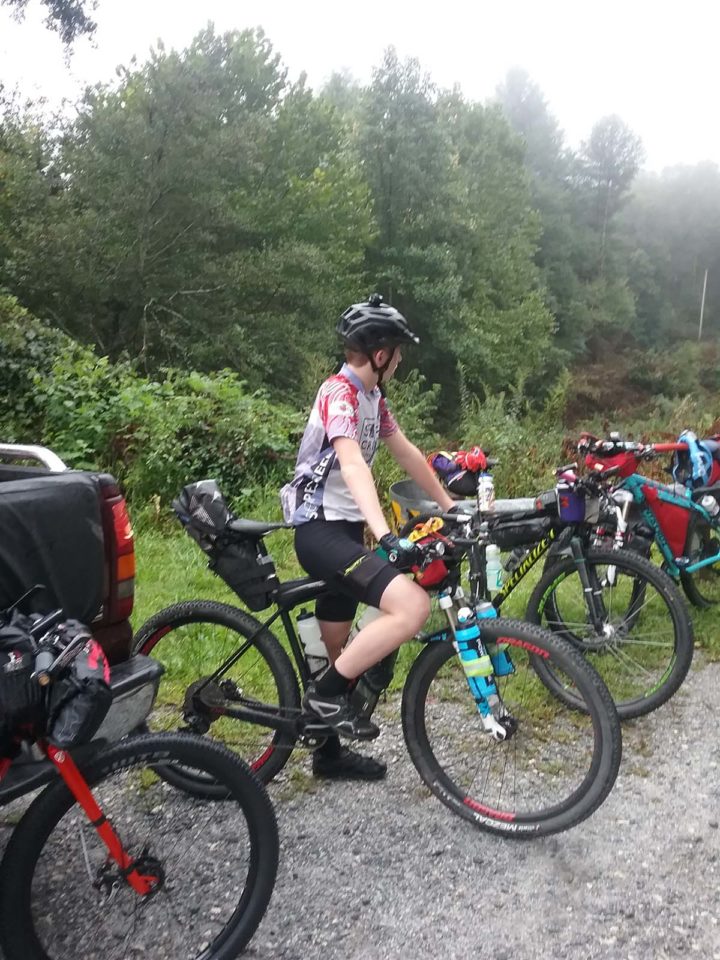
Joe Urbanowicz is from Atlanta, Georgia, and started mountain biking in the Summer of 2015. He did his first mountain bike race that fall, and fell in love with riding. He’s tried a little bit of everything since then: more mountain bike racing, randonneuring, riding gravel, and of course 100+ mile days of bikepacking. “I love riding, nothing beats being out in the backcountry with friends for a long ride,” Joe told me. He comes alive in the saddle.’
It’s a given he’d meet many different people while riding all those miles. One of them, Graham Skardon, encouraged him to try the TNGA. Graham has also spent some time in the saddle completing many bikepacking races. He successfully finished the TNGA several times, and recently completed the inaugural Mountain 420 on a single speed. He recognized the joy of riding in Joe and pushed him to stretch himself by trying bikepacking.
The TNGA spans 357 miles, from the border of South Carolina and Georgia, all the way to Alabama. The route contains virtually every type of riding: single track, double track, paved roads, gravel, and even a bit of bushwhacking. Don’t forget about the many stream crossings, and of course the climbing. Did I mention climbing? Joe’s Strava from all four days of riding showed 43,919 vertical feet of ascent. According to Joe, “Sometimes it just hurts, but you can’t stop moving. Even if you have to walk, don’t stop. It’s just too hard to start again.”
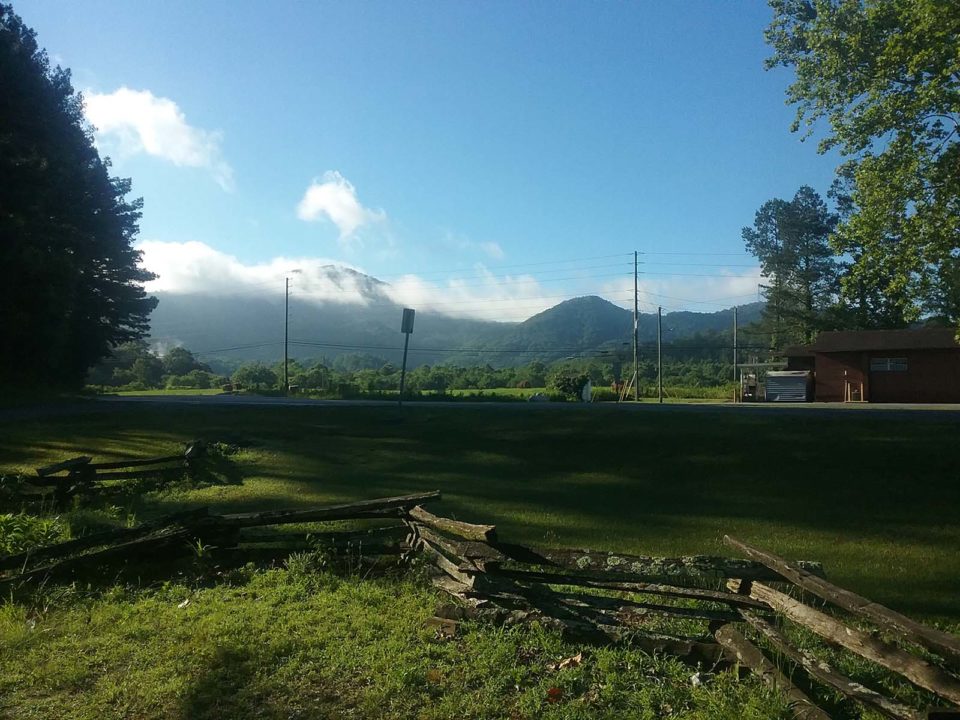
And then comes the training. Properly preparing for long-distance riding is the difference between finishing and the dreaded scratch. Every experienced bikepacker will tell you that there are many reasons a grand depart doesn’t always lead to a grand finish, but being physically prepared goes a long way to reaching the end. Joe was fortunate to be able to train with many experienced riders. “Getting to spend long days riding with guys like Eddie O’Dea, Graham Skardon, Dave Chen, Chad Hungerford, Justin Shealey, and lots of others was awesome. They were all supportive and really taught me all kinds of things,” said Joe. It seems that kind of encouragement is very common in the bikepacking world. Visit the TNGA Bikepackers Facebook page and you can’t help but notice the community aspect of this sport.
Another one of the key factors in bikepacking is planning, planning, and then more planning. Joe started by printing out the entire course and studying it. Where is there water, food, comfort, and neutral support? Where are the big climbs and descents? Are there any “easy” sections that offer a small break from the suffering? Knowing the course in as much detail as possible makes a big difference in a rider’s confidence. Every rider starts with a plan, but the smartest riders know that plans can easily go off the rails. How the rider handles trouble says a great deal about how well they prepared.
Joe’s plan was to finish the race in three to four days. He knew where he wanted to be at the end of each day, and the approximate riding time to get there. According to Joe, “Knowing the course gave me a lot of confidence. I knew what was where and my training gave me the strength to get where I needed to be. Unicoi on night one, Mulberry Gap night two, and then push hard on day three and see how far I could get.”
Joe’s race went mostly according to plan. He did get a flat on day two, but for the most part he didn’t have any bad luck. That wasn’t the case for Thomas Rafkhar, who had his CamelBak and food supplies thoroughly trashed by marauding raccoons while sleeping on the first night of the race. This year’s race didn’t have the oppressive heat that Georgia is infamous for, but the rain became a factor for many riders. Rotten feet and bad chafing sidelined several participants. Audrey Tangye, a very experienced bikepacker, wrote on Facebook, “I’m out. Sorry to disappoint but my feet are in horrible shape. They don’t look human and are so painful I can barely stand on them, with blisters and raw spots that are not salvageable.” As of now, it appears that this year’s TNGA will have over a 50% scratch rate. That’s an alarming statistic for anyone considering participating in the event.
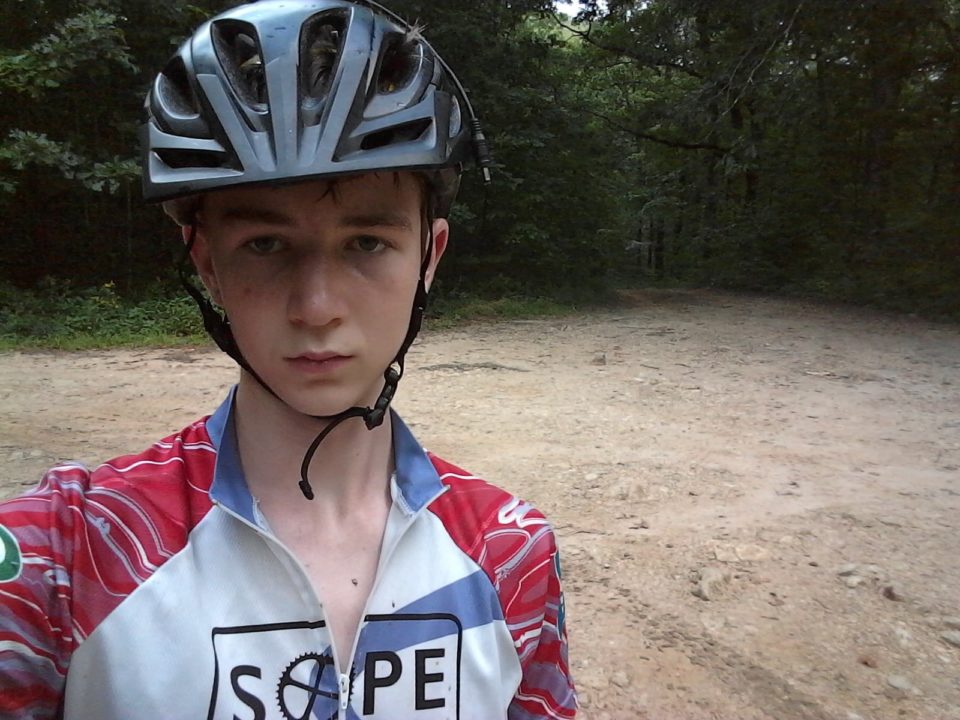
Joe’s adventure began on a Saturday morning at 8:00 am, and ended three days later on Tuesday morning at approximate 9:21 am. He finished his first bikepacking race in 73 hours and 21 minutes – and in fifth place – but more importantly with a big smile and a great deal of relief. Joe says he’ll be back. He added, “Next year my mom is going to let me ride through the night. I hope to be able to finish a lot faster. Maybe I’ll break the course record.” Looking at the smile on his face and the gleam in his eye, I think he just might.
For more on this year’s TNGA, check out the full gallery by Chris Reichel. Also, find a collection of riders and rigs here.
FILED IN (CATEGORIES & TAGS)
Dispatch
Please keep the conversation civil, constructive, and inclusive, or your comment will be removed.



